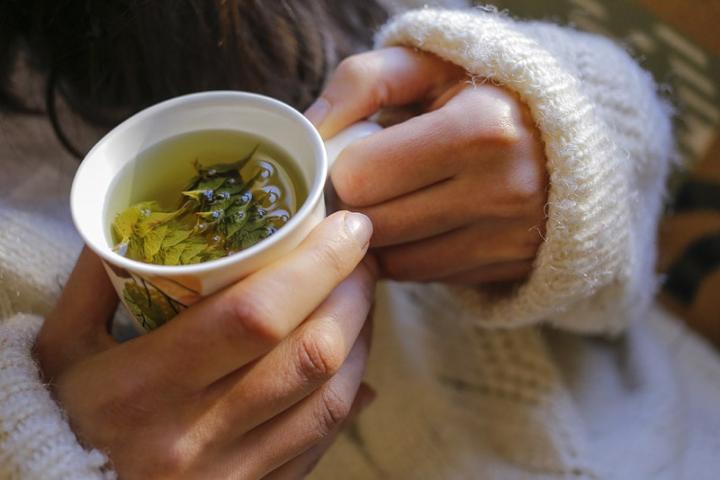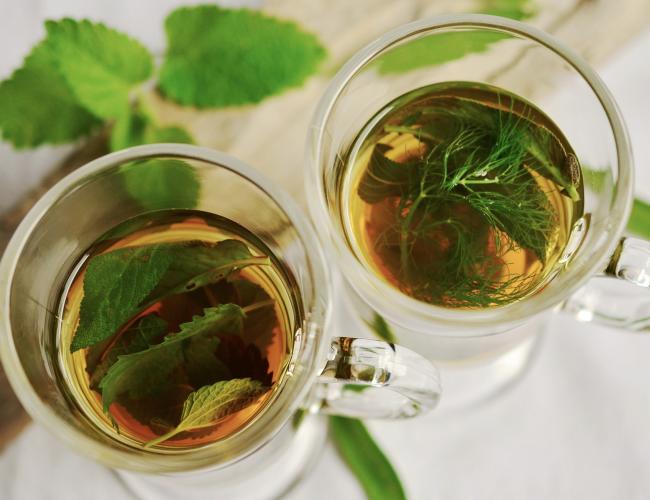Things You Should Know About Natural Remedies For Anxiety
Jan 24, 2024 By Marie White
It raises your awareness of potential threats, encourages you to maintain your organization and readiness, and assists you in calculating the risks you face. Nevertheless, it is necessary to take action before the worry gets unmanageable when it becomes a regular occurrence. Your quality of life may suffer significantly if you do nothing to address your anxiety. Take charge by putting the following suggestions into action. Many different approaches may be used to address anxiety. One of the famous therapeutic options is cognitive behavioral therapy (CBT), which helps patients manage anxiety by providing them with skills they may use when they feel it is coming on.
Some pharmaceuticals, such as antidepressants and sedatives, may help restore chemical equilibrium in the brain and stop anxiety attacks before they start. They could even prevent the most severe symptoms from occurring. There are both little and significant things that you can do to assist manage anxiety, which you may do if you want to take a more natural approach. You may improve your behaviors, such as exercise, sleep, and food. You may even try something completely different, such as aromatherapy or meditation. There is a natural method that may help relieve anxiety for everyone, regardless of the pressures your lifestyle places on you.
Natural Remedies For Anxiety
1. Stay active
Exercise is beneficial to your mental and physical health, and regular exercise may be of great assistance in this regard. According to a reliable source's research, individuals with anxiety disorders who reported engaging in a significant amount of physical exercise had a lower risk of acquiring more anxiety symptoms.
There is a wide range of possible explanations for this. Your focus might be diverted away from the source of your anxiety if you engage in physical activity. Pilates and yoga are two forms of exercise that are good for mental health. However, if you want to begin with something that has less impact on your body, other forms of exercise may be just as effective.
2. Stay Away From Alcoholic Beverages.
Since alcohol is a natural sedative, drinking it might first make the situation seem less stressful. On the other hand, research from a Reliable Source reveals a connection between anxiety and drinking alcohol, with anxiety disorders and alcohol use disorder (AUD) happening hand in hand with one another. Consuming large amounts of alcohol may disrupt the average balance of neurotransmitters, essential for maintaining good mental health. Because of this interference, there is a disruption in the system, which may result in specific symptoms of anxiety.
3. Consider Quitting Smoking Cigarettes
When under pressure, smokers often grab for a cigarette to calm their nerves. On the other hand, taking a drawing on a cigarette or having a drink when you're anxious is a temporary solution that might make your anxiety much worse in the long run. Research from a reputable source (Research Trusted Source) has shown that the earlier in life one begins smoking, the greater the likelihood that one may eventually acquire an anxiety condition. According to research, the brain's pathways associated with anxiety may be altered by nicotine and other chemicals found in cigarette smoke.

4. Limit Caffeine Consumption
Caffeine is not on your side if you suffer anxiety that persists over time. If you already suffer from anxiety, drinking caffeine may worsen your symptoms since it produces jitters and anxiousness. According to specific studies' findings, caffeine may induce or exacerbate anxiety problems. People who already have panic disorder are more likely to have episodes if they consume it. Eliminating caffeine from the diet of some individuals may result in a considerable improvement in anxiety symptoms. On the other hand, if you wish to minimize your caffeine use or eliminate it, you should begin by gradually reducing the quantity of coffee or tea you consume daily.
5. Prioritize Getting A Good Night’s Rest
Repeated studies have shown that getting enough sleep is essential to maintaining healthy mental health. The Centers for Disease Control and Prevention (CDC) advises that individuals obtain 7 to 9 hours of sleep every day, even though a poll conducted in 2012 indicated that almost a third of adults receive fewer than 6 hours of sleep each night.
6. Meditate And Practice Mindfulness
One of the primary objectives of meditation is to achieve complete awareness of the here and now, which entails recognizing all thoughts in a manner that is free of judgment. Strengthening your capacity to endure thoughts and sensations deliberately may help you achieve a sense of serenity and satisfaction in your life.

7. Eat A Balanced Diet
Mood swings are a common side effect of hypoglycemia, which occurs when a person's blood sugar level is too low, when they are dehydrated, or when they consume chemicals found in processed foods such as artificial flavorings, artificial coloring, and preservatives. A diet heavy in sugar may also affect one's disposition.







